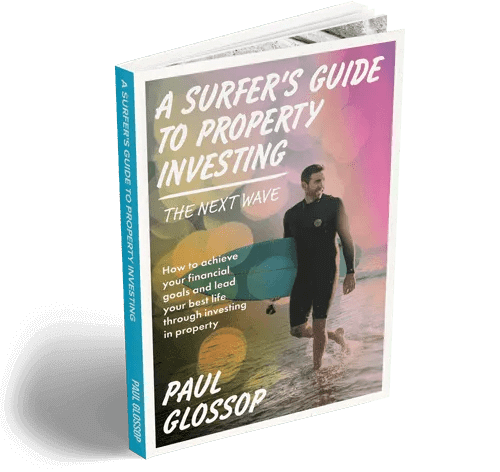Managing risk, it’s not sexy, but its very necessary
Paul: Good day, guys, Paul Glossop here again from Pure Property Investments. This is part of our educational series, and today I’m joined again by Tristan Scifo. Tristan is the Financial Planner for Innovative Wealth Management. Tristan, today we’re here to talk about risk management, and probably when it comes down to investing in property, it’s something that maybe the seasoned investors understand, but maybe the new to the property investment game investors are probably starting to understand, where the risk will come and how to actually mitigate risk. And it’s something that’s so very, very important, but probably very seldomly done to truly the right way, and I’m assuming you’ve probably got a lot of experience in how to do it the right way and some clients who potentially haven’t done it the right way in the past. So if you wouldn’t mind sharing a little bit of your wealth of knowledge on that front?
Tristan: Definitely, I’d love to. Look, risk management isn’t sexy. To put it frank, people do it when they realize they need to. But to start off with, I guess the key financial component of risk management is going to be your insurances, having the right insurances in place. And there’s a lot of property specific insurances, but what I’m getting at here is your personal income and life insurances, the ones that no one really is going to sort out for you except for yourself.
And first point I’d rather make is that getting insurances young is worth it. There’s a couple of things that you need to know about. One is level premiums. So, rather than having to pick up insurances in your late 30s or 40s, and let them step up and become astronomically expensive in your 50s and 60s when you really need them, getting them locked in younger in your life, 20s, 30s if you can, and getting a level premium will mean that although you pay a little bit more up front, you’re going to save so much money in the long term because that premium will get fixed, and every year in, it won’t get any more, no matter how old you get.
And on that note, what are the risks involved with investing in property? Look, the key cash flow risk is going to be tenancy, not having a tenant and having to fork out to cover your mortgage or payments. There’s other things that can happen as well, but at that point you realize, especially if you’re negatively geared, you need your income. If your income dries up and you get into a fix, that property is probably going to have to be sold. So income protection is the absolute must-have generally speaking, depending on your financial circumstances.
The other one that I’d suggest just to look into is trauma insurance, if you haven’t already. Most people don’t have trauma insurance. They don’t realize what benefit it can be. I got this when I was 23 and I locked in at a low premium, and it’s meant that I will have a very affordable policy long-term, but for blokes in particular, we face, sadly, a one-in-two chance of getting cancer at some point before we hit 65. Not good odds. And there’s a good chance we’ll survive past it, as well, with the state of technology, but I worked out that I’ll be spending close to $10,000 in the course of my lifetime for this policy and it’s gonna pay out $100,000 if I get a single diagnosis of cancer. Of course, those numbers are going to be different for everyone, but it’s a real must-look-at. Is it worth it for you?
Paul: Thanks, there’s some very important aspects here that I think, maybe, like you said initially, I don’t think they’re necessarily the sexy components of property investing or financial protection or financial planning, in general, but these are really what makes, I guess, someone a little bit more well-rounded as far as their asset protection, their risk management, and ultimately making sure that they can hold investment properties long-term without the risk of having to sell at a time where it may not be beneficial for them, and ultimately making sure that they’re doing things for the right reasons, setting up things not only for themselves, but for their families and for their children. Very important points, and I think very good steps for people to make sure they adhere to, so thank you again to Tristan. Much appreciated, and I hope you guys enjoyed that.






